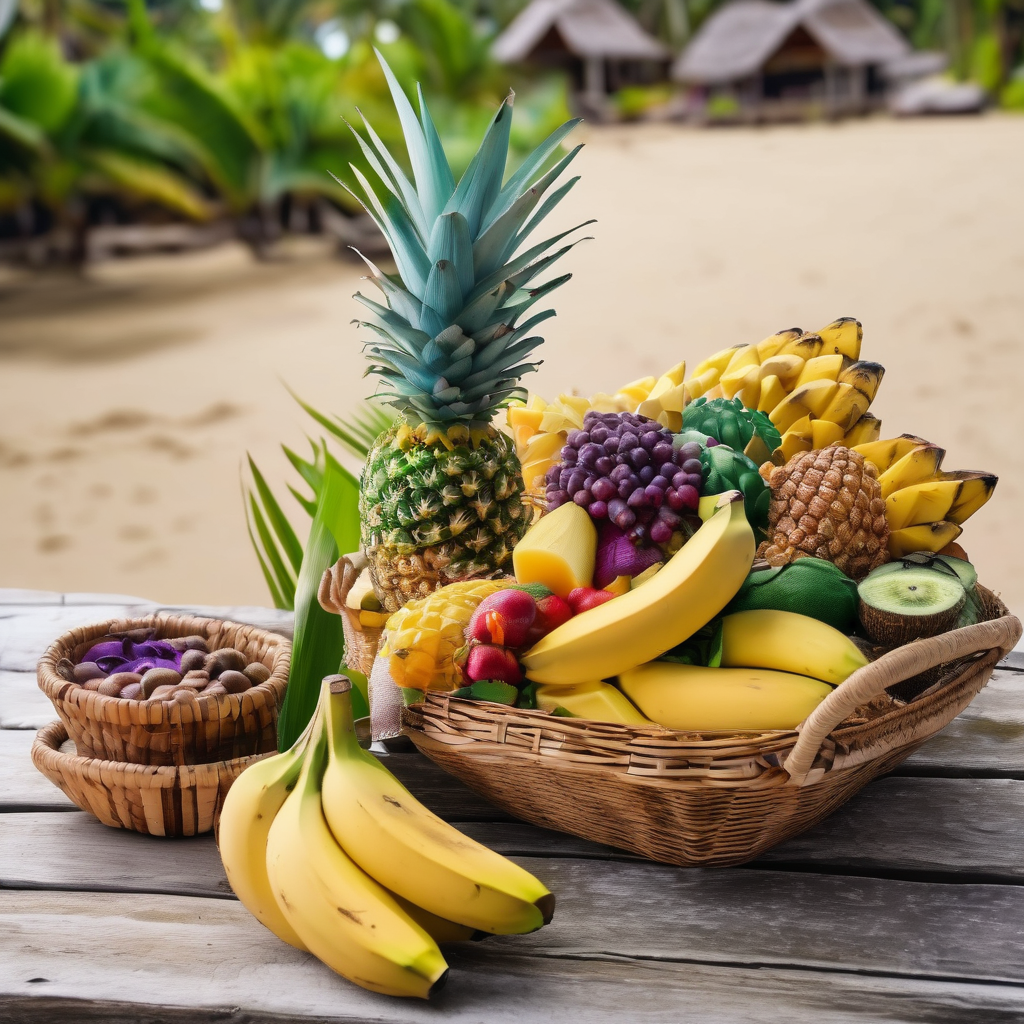Fiji has the potential to significantly reduce its import expenses by $24.1 million by focusing on boosting local production of selected high-demand fresh produce items. Acting Prime Minister and Minister for Finance, Professor Biman Prasad, highlighted this goal at the National Agriculture Show 2025 in Nadi, drawing attention to a specific report by the International Finance Corporation (IFC). This report, titled “From the Farm to the Tourist’s Table,” revealed the substantial investment of $74.4 million by Fiji’s hotels and resorts in fresh produce during 2017, with over half of this amount directed towards imports.
The 18 produce items that are most frequently imported include vegetables such as potatoes and capsicums, fruits like tomatoes and melons, various meats and seafood, dairy products, and packaged juices. By prioritizing these items for local development, Fiji can enhance its economic resilience and offer fresher produce to the tourism industry.
Professor Prasad emphasized the importance of this initiative, urging Fijians to innovate in agriculture to make Fiji a leader in sustainable farming practices. He advocated for embracing new technologies, improving productivity, and encouraging cooperation among stakeholders. This initiative echoes past efforts where Fiji has saved $17 million by reducing fresh and chilled goods imports by implementing local sourcing, as seen in initiatives like the Farm to Fork program.
These strategic improvements will not only enhance local food production but also support eco-friendly tourism and align with global sustainability trends. By promoting local produce and reducing reliance on imports, Fiji aims to boost food security, economic resilience, and contribute to a sustainable future.
Overall, the efforts to reduce Fiji’s import bill by developing local agriculture underline a significant opportunity for the nation to enhance economic and environmental sustainability, catering to both local market needs and the thriving tourism sector. Such strategic initiatives, coupled with previous successes, provide a roadmap for creating a more self-reliant and prosperous agricultural sector in Fiji.
